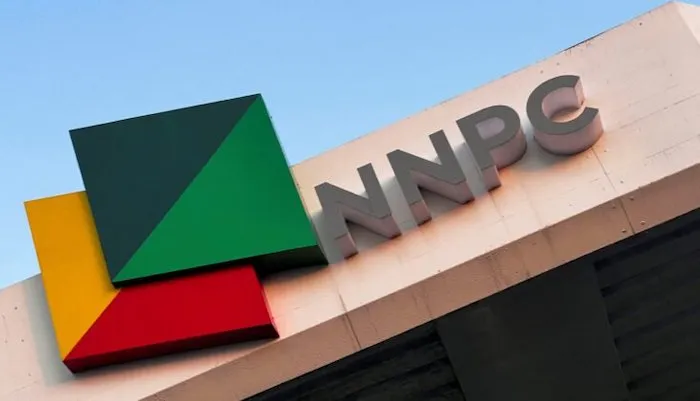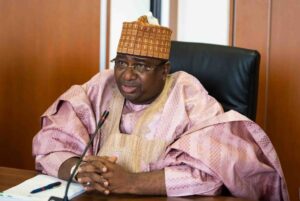In a significant development in Nigeria’s oil industry, the Nigerian National Petroleum Company Limited (NNPCL) has officially ended its role as the sole buyer of petrol from Dangote Refinery. This change means that petrol marketers will now need to purchase fuel directly from the refinery, marking a shift in the dynamics of fuel distribution in the country.
This news was reported by Premium Times on Monday. When DAILY POST reached out to NNPCL’s spokesperson, Olufemi Soneye, he did not respond to calls or messages for comments. Similarly, efforts to contact Dangote Refinery’s spokesperson, Anthony Chiejina, also went unanswered as he promised to call back but had not done so by the time of this report.
However, a source within NNPCL confirmed the news to Premium Times, stating, “Yes, it is true. We can no longer continue to bear that burden.” This statement suggests that NNPCL is stepping back from the responsibility of solely managing the purchase of petrol from Dangote Refinery.
This decision comes just weeks after NNPCL lifted petrol from Dangote Refinery on September 15, 2024. Following this lifting, NNPC announced new fuel prices across its retail outlets nationwide, which saw the price of petrol increasing to between N950 and N1,100 per liter in various filling stations in the Federal Capital Territory, Abuja. The rise in prices has already put pressure on consumers and businesses alike, raising concerns about the affordability of fuel.
The implication of this new arrangement is significant. By no longer being the only buyer, NNPCL is effectively decentralizing fuel distribution, which could lead to a more competitive market. However, it also raises questions about the potential for price fluctuations and availability of petrol, especially as marketers navigate their new purchasing arrangements.
The NNPCL’s latest move has fueled anxiety regarding another potential hike in fuel prices. Recently, the House of Representatives had recommended that Dangote Refinery sell petrol directly to oil marketers, a move that aims to streamline the supply chain and reduce inefficiencies in the market.
Moreover, the Nigerian government confirmed over the weekend that it has begun selling crude oil to Dangote Refinery in Naira. This Naira-for-crude arrangement has led some marketers and refiners to suggest that it could result in lower fuel prices in the future. However, the market remains cautious, with many stakeholders expressing uncertainty about how these changes will impact the cost of fuel for everyday consumers.
As Nigeria continues to grapple with fuel supply and pricing issues, the cessation of NNPCL’s role as the sole buyer of petrol marks a significant shift in the industry. This change could lead to increased competition among marketers, but it also introduces new uncertainties for both consumers and businesses.
Industry observers will be closely monitoring the situation to see how these changes play out in the coming weeks and months. The outcome could have lasting effects on fuel pricing, supply stability, and the overall health of Nigeria’s economy.







